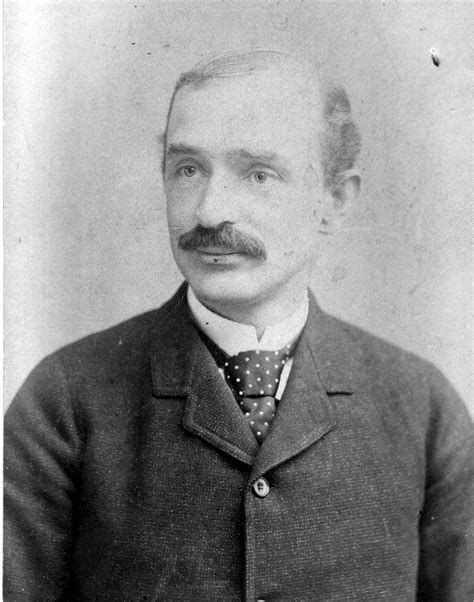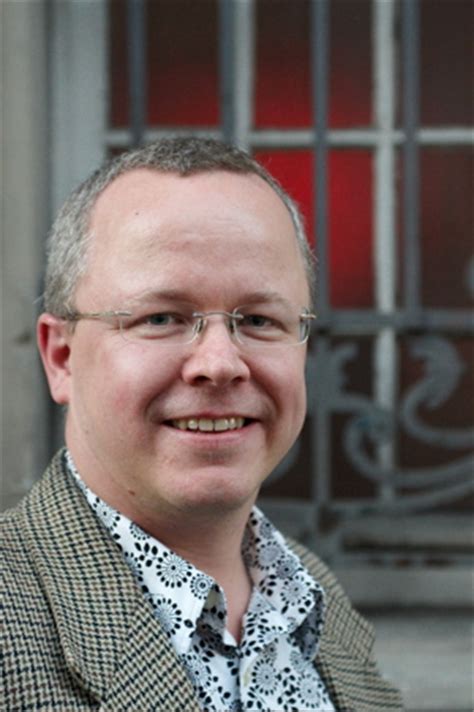A Quote by Albert Einstein
All our thoughts and concepts are called up by sense-experiences and have a meaning only in reference to these sense-experiences. On the other hand, however, they are products of the spontaneous activity of our minds; they are thus in no wise logical consequences of the contents of these sense-experiences. If, therefore, we wish to grasp the essence of a complex of abstract notions we must for the one part investigate the mutual relationships between the concepts and the assertions made about them; for the other, we must investigate how they are related to the experiences.
Quote Topics
About
Abstract
Activity
Between
Complex
Concepts
Consequences
Contents
Essence
Experiences
Grasp
Hand
How
However
Investigate
Logical
Made
Meaning
Minds
Must
Mutual
Notions
Only
Other
Our
Our Thoughts
Part
Products
Reference
Related
Relationships
Sense
Spontaneous
Them
Therefore
Thoughts
Thus
Up
Wise
Wish
Related Quotes
Out of the multitude of our sense experiences we take, mentally and arbitrarily, certain repeatedly occurring complexes of sense impression (partly in conjunction with sense impressions which are interpreted as signs for sense experiences of others), and we attribute to them a meaning the meaning of the bodily object.
No individual can be in full control of his fate-our strengths come significantly from our history, our experiences largely from the vagaries of chance. But by seizing the opportunity to leverage and frame these experiences, we gain agency over them. And this heightened agency, in turn, places us in a stronger position to deal with future experiences, even as it may alter our own sense of strengths and possibilities.
Each day that we live, we're taking in new information, ideas, concepts, experiences, and sensations. We need to consciously stand guard at the doors of our minds to make sure that whatever we're allowing to enter will cause our lives to be enriched, that the experiences we pursue will add to our stockpile of possibility.
The 'phenomenal concept' issue is rather different, I think. Here the question is whether there are concepts of experiences that are made available to subjects solely in virtue of their having had those experiences themselves. Is there a way of thinking about seeing something red, say, that you get from having had those experiences, and so isn't available to a blind person?
The whole drift of my education goes to persuade me that the world of our present consciousness is only one out of many worlds of consciousness that exist, and that those other worlds must contain experiences which have a meaning for our life also; and that although in the main their experiences and those of this world keep discrete, yet the two become continuous at certain points, and higher energies filter in.
Words are acoustical signs for concepts; concepts, however, are more or less definite image signs for often recurring and associated sensations, for groups of sensations. To understand one another, it is not enough that one use the same words; one also has to use the same words for the same species of inner experiences; in the end one has to have one's experiences in common.
Our behaviour as an athlete is often determined by our previous experiences and how we dealt with those experiences. It is these experiences from past performances that can often shape what will happen in the future. It is for this reason that you learn and move on to be more mentally stronger as both an athlete and as a human!


































